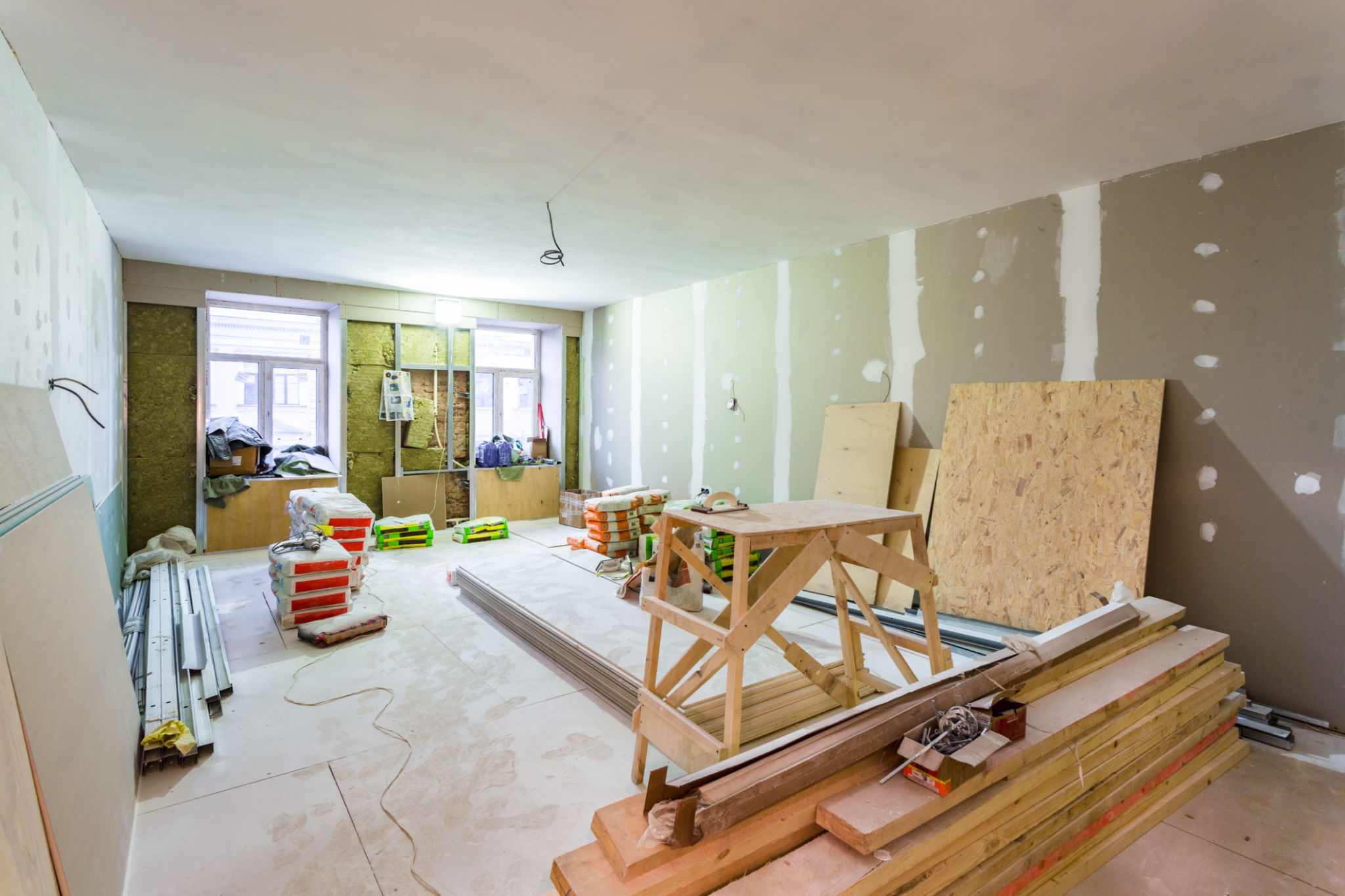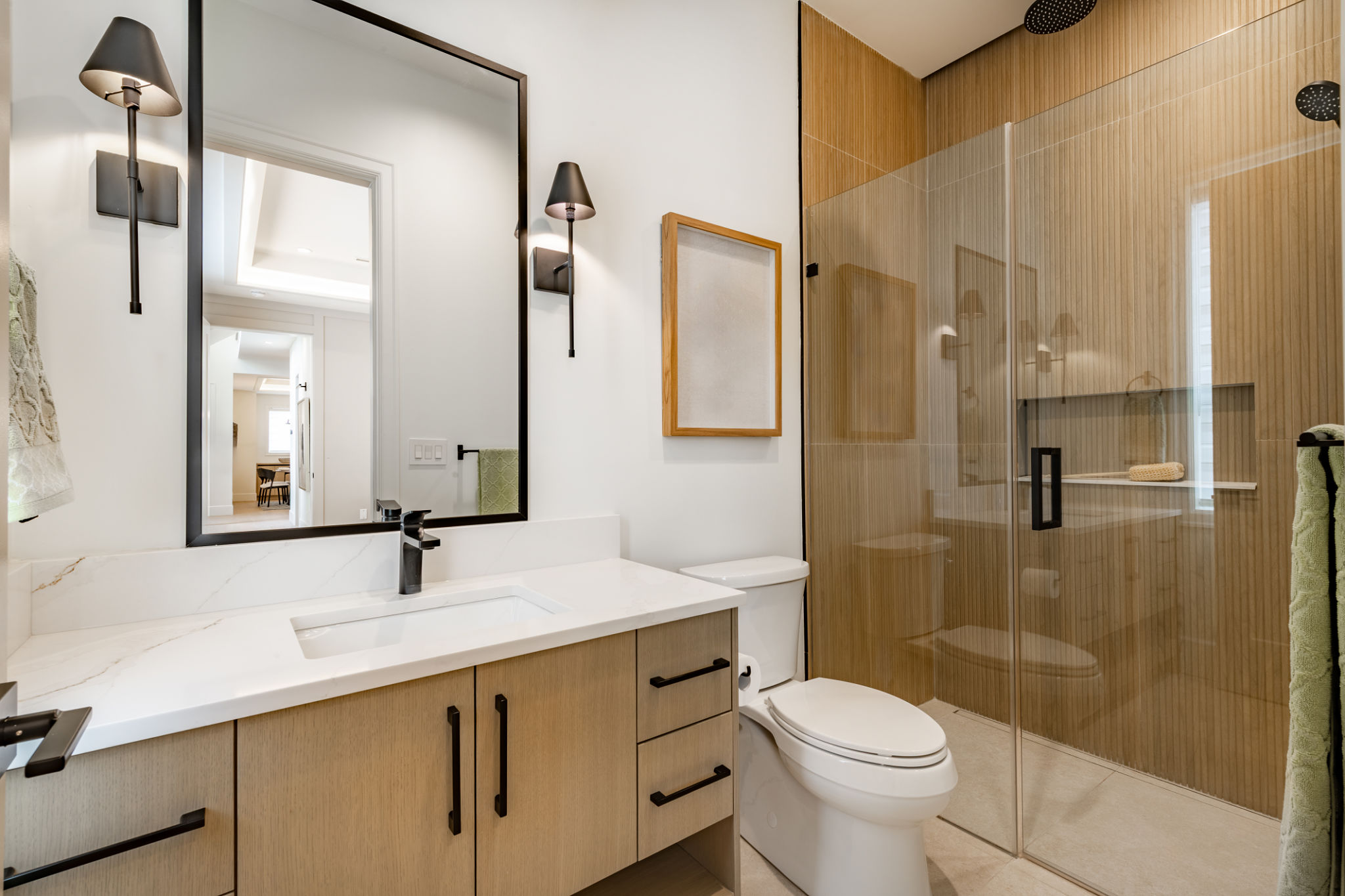Avoiding Common Pitfalls in Home Renovation Projects
Planning Ahead
One of the most crucial steps in any home renovation project is meticulous planning. Many homeowners dive into renovations without a clear plan, leading to unexpected costs and delays. Start by defining your goals and determining what you want to achieve with the renovation. Consider creating a detailed timeline and budget to guide you throughout the process.
Research is key. Gather inspiration from magazines, online platforms, and home improvement shows. This will help you visualize the end result and make informed decisions about materials, colors, and layouts. Consulting with professionals can also provide valuable insights and help you avoid common pitfalls.

Setting a Realistic Budget
A well-thought-out budget is essential to keep your project on track. Many homeowners underestimate costs, leading to financial strain. To avoid this, account for all potential expenses, including materials, labor, permits, and unexpected contingencies. It is wise to set aside an additional 10-20% of your budget for unforeseen challenges.
When selecting materials and fixtures, balance quality with cost. Opting for cheaper alternatives might save money upfront but could lead to higher maintenance costs in the long run. Prioritize areas where quality matters most, such as structural elements and high-traffic areas.
Choosing the Right Professionals
The success of your renovation largely depends on the expertise of the professionals you hire. Take time to research contractors, architects, and designers. Look for reviews and testimonials from previous clients, and request portfolios of past projects to assess their work quality.

Conduct interviews and obtain multiple quotes to compare pricing and services. Ensure that your chosen contractor is licensed, insured, and has a good track record of completing projects on time and within budget. Clear communication from the start will help prevent misunderstandings down the line.
Managing Expectations
Home renovations can be disruptive, so it's important to set realistic expectations for the duration and impact of the project. Prepare yourself for the inconvenience of construction work, including noise, dust, and restricted access to certain areas of your home.
Communicate openly with your contractor about timelines and potential delays. Understanding that some aspects of renovation are unpredictable can help you remain patient and flexible throughout the process.

Staying Flexible
Even with the best planning, unexpected challenges can arise during a renovation project. Materials may be back-ordered, or structural issues may surface once construction begins. Staying flexible and being prepared to adapt your plans will help you manage these hurdles effectively.
Maintain open communication with your contractor and be willing to make adjustments to the design or timeline if necessary. Flexibility can prevent stress and ensure that your project remains on track despite unforeseen circumstances.
Finalizing Details
As your renovation project nears completion, pay attention to final details that can significantly impact the overall look and feel of your space. This includes selecting paint colors, hardware, and finishing touches that align with your vision.

Conduct a final walk-through with your contractor to ensure all aspects of the project meet your expectations. Address any concerns or unfinished work before making final payments. A thorough inspection will ensure that you are completely satisfied with the finished product.
